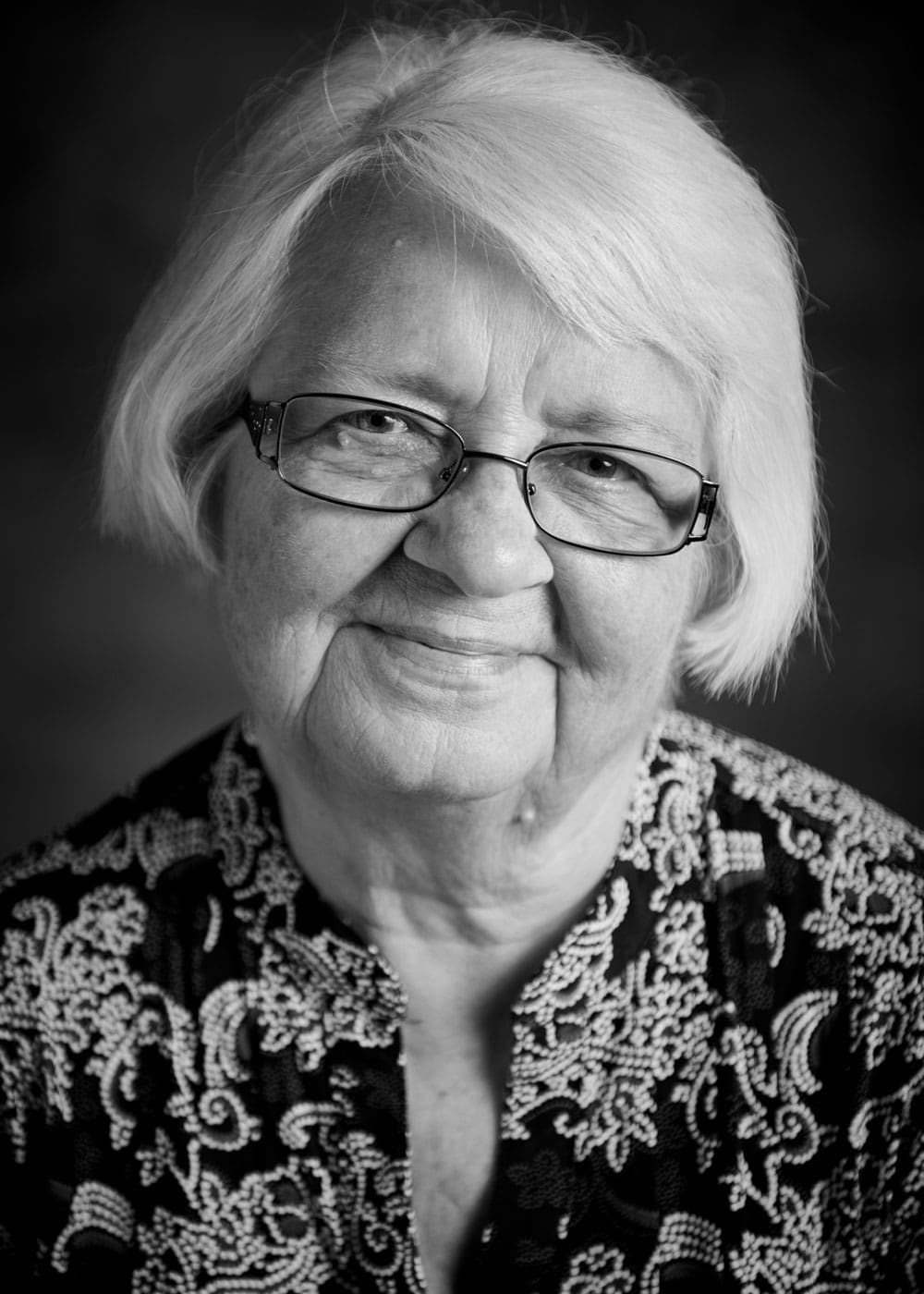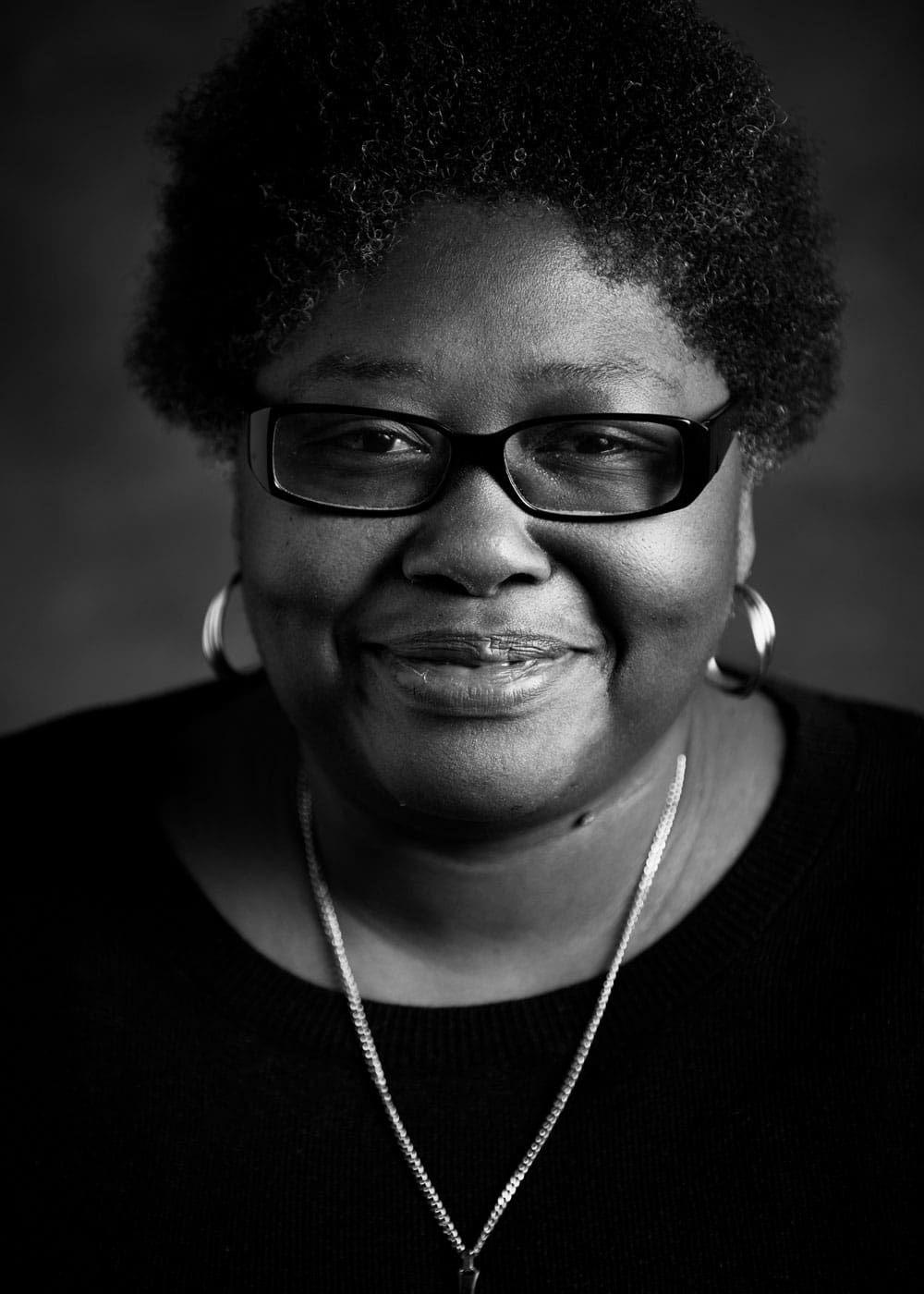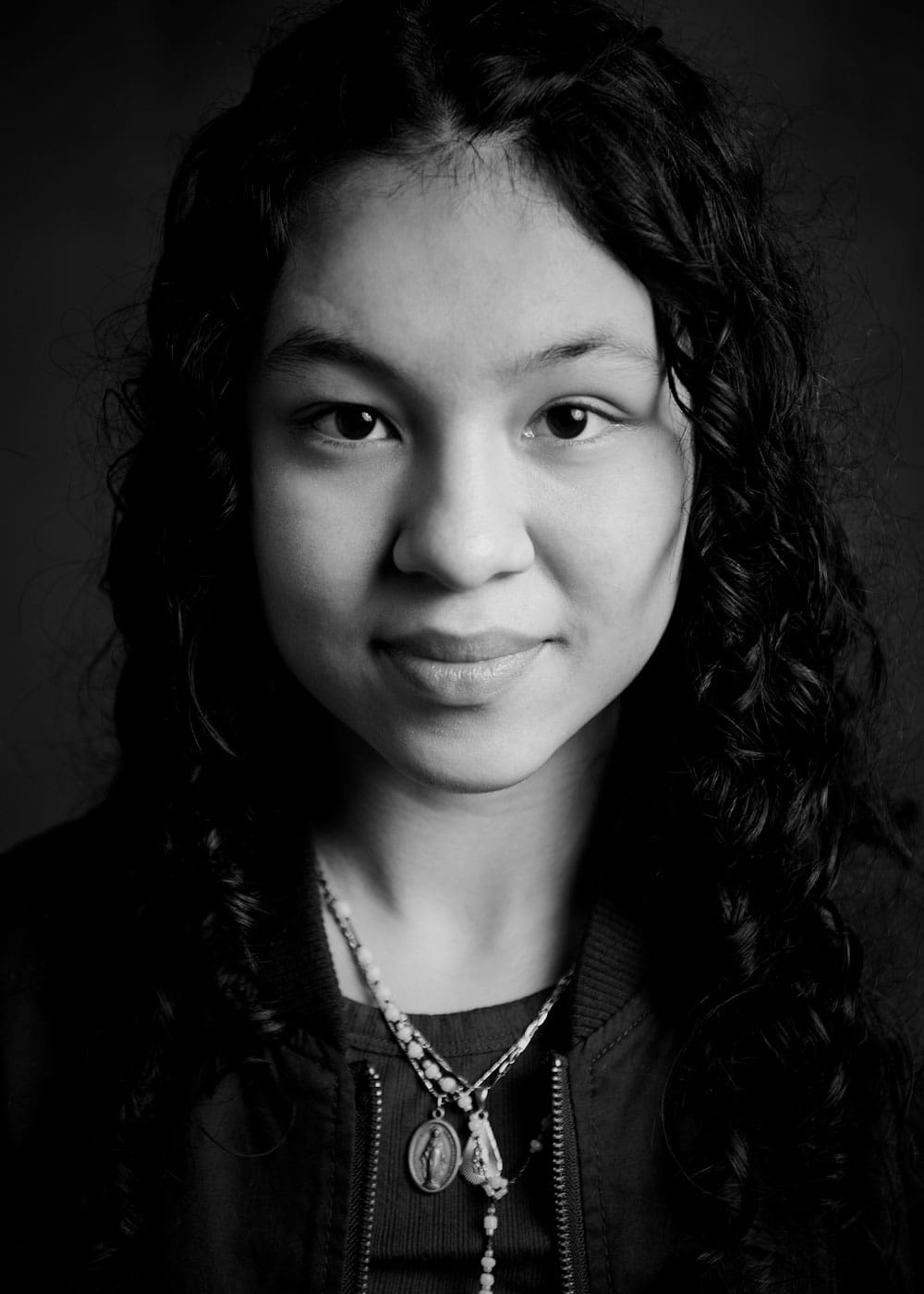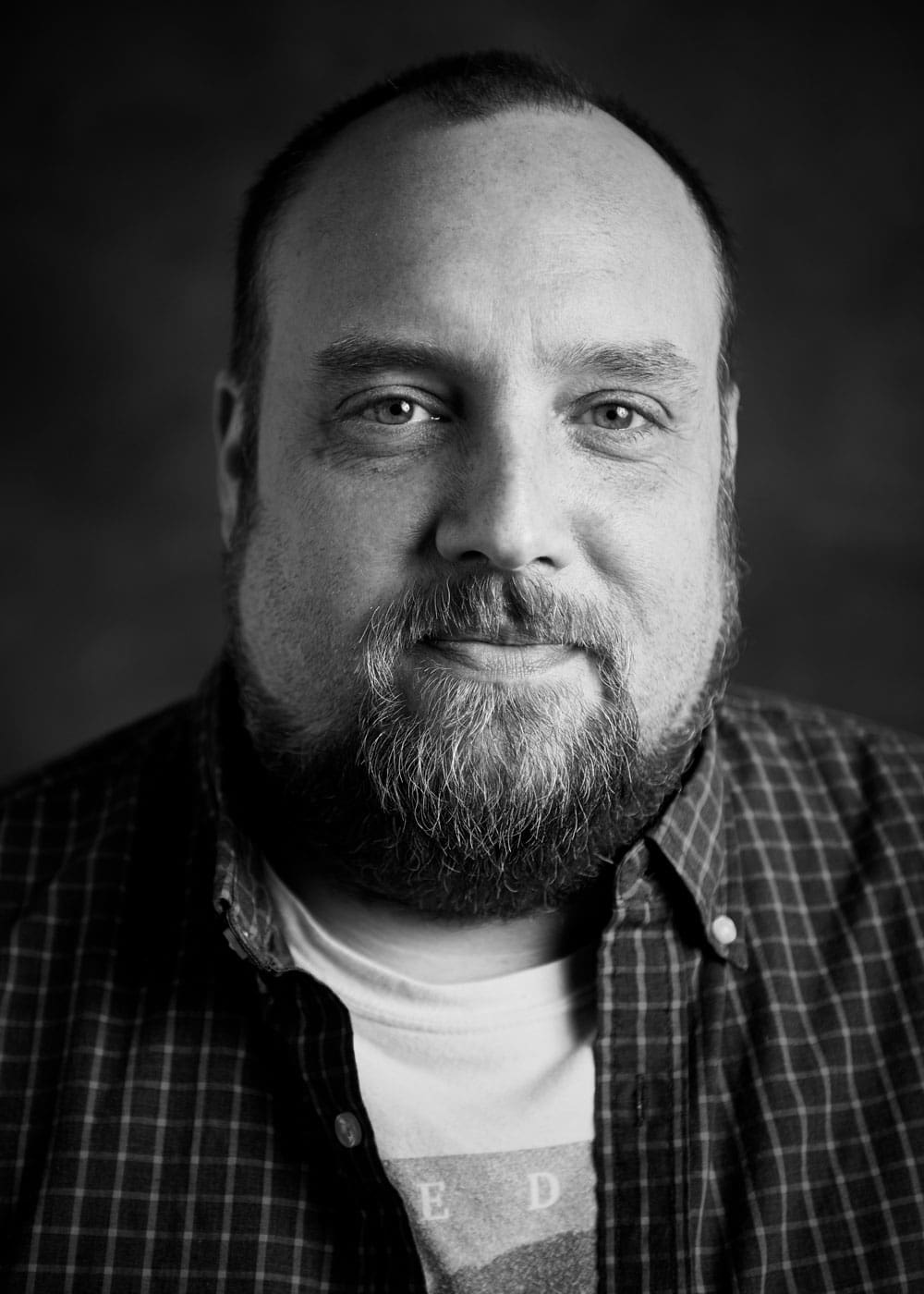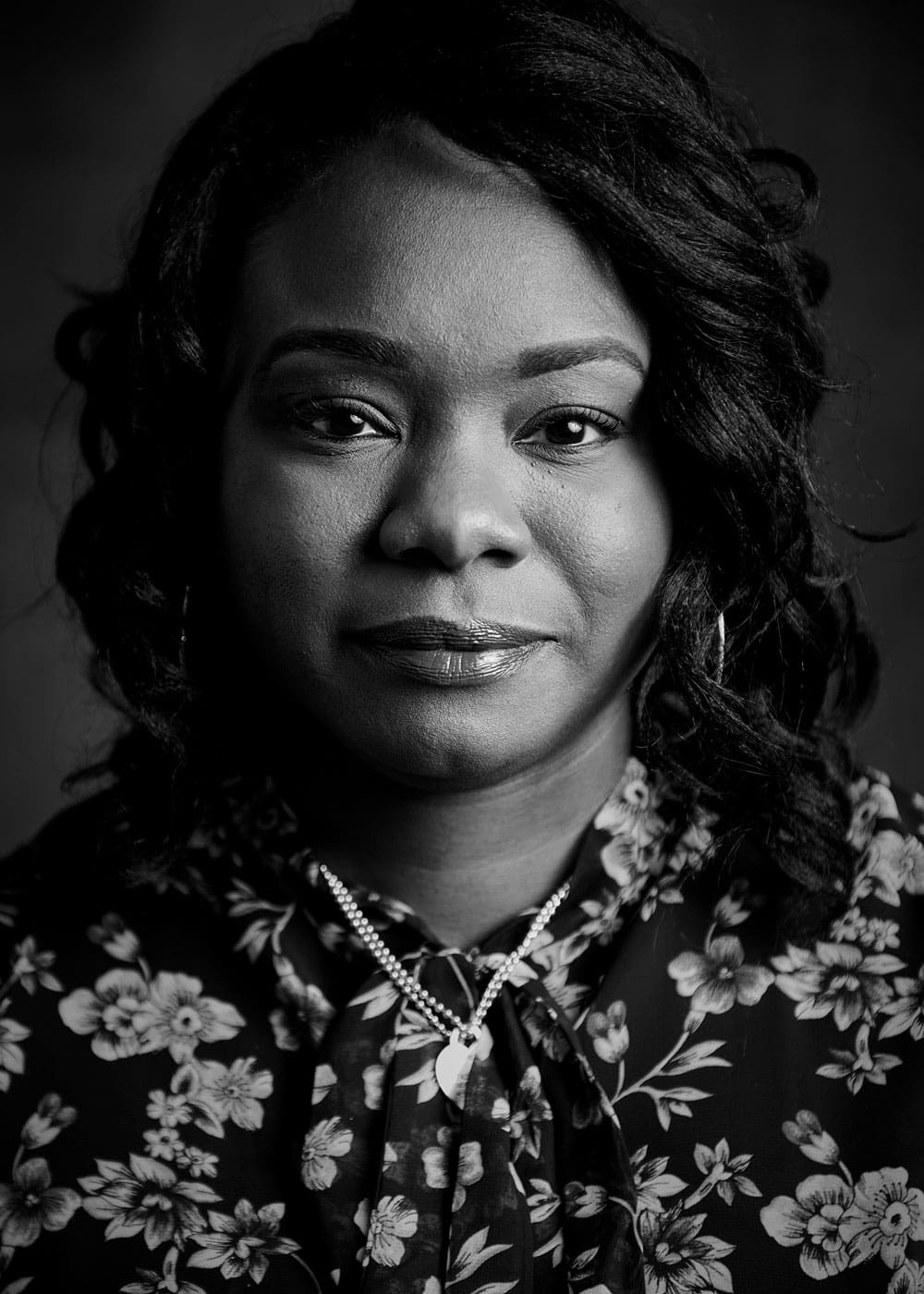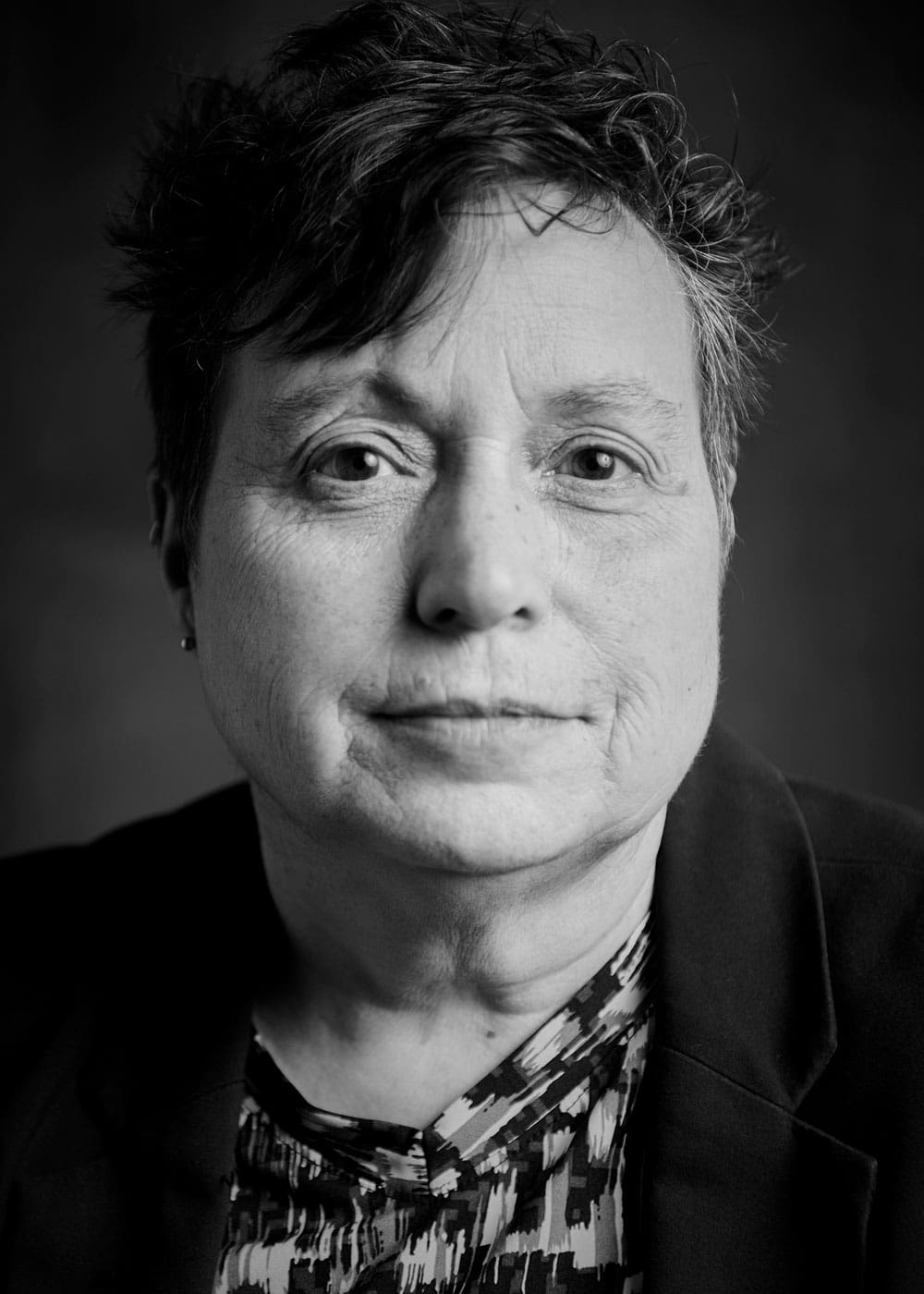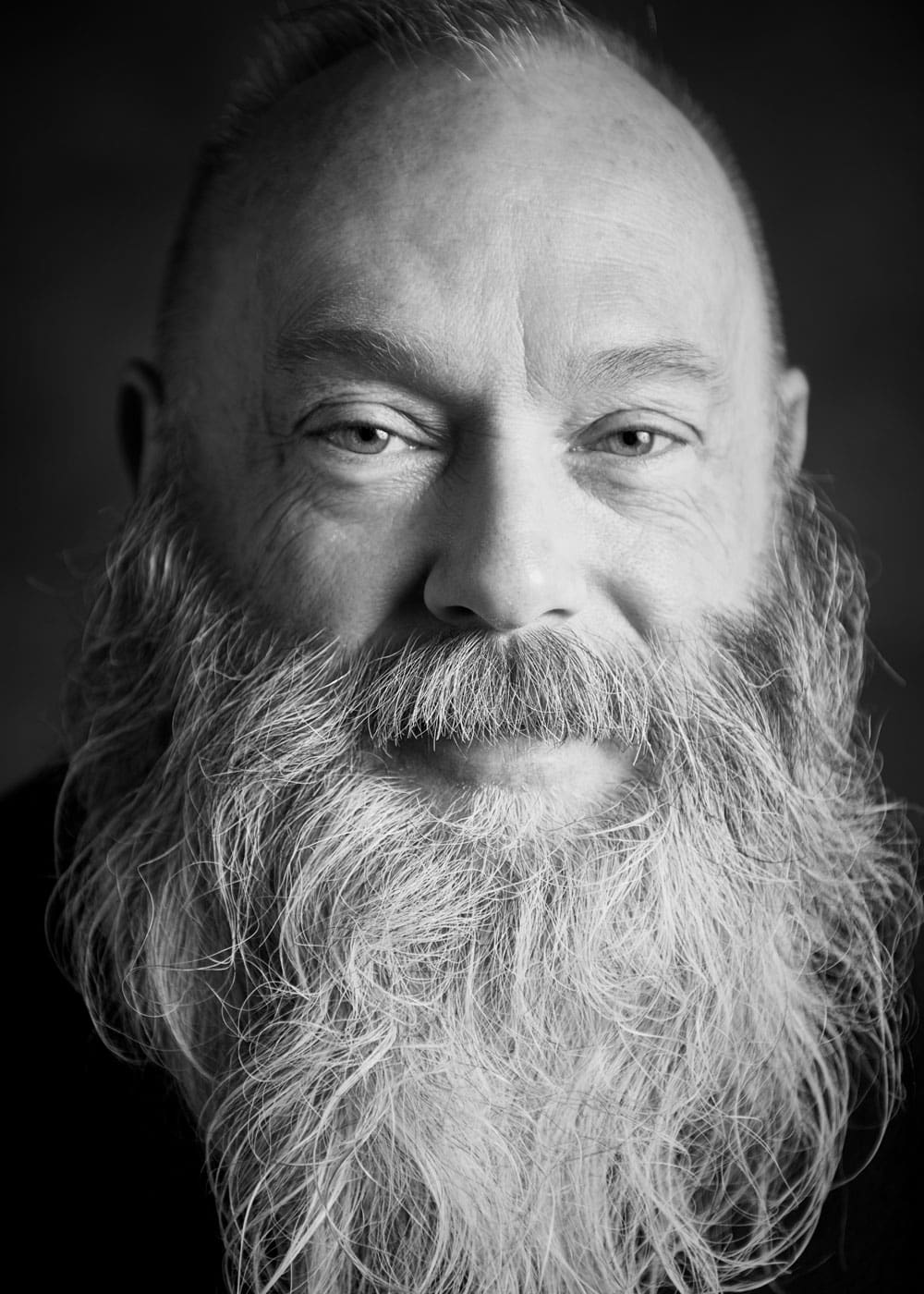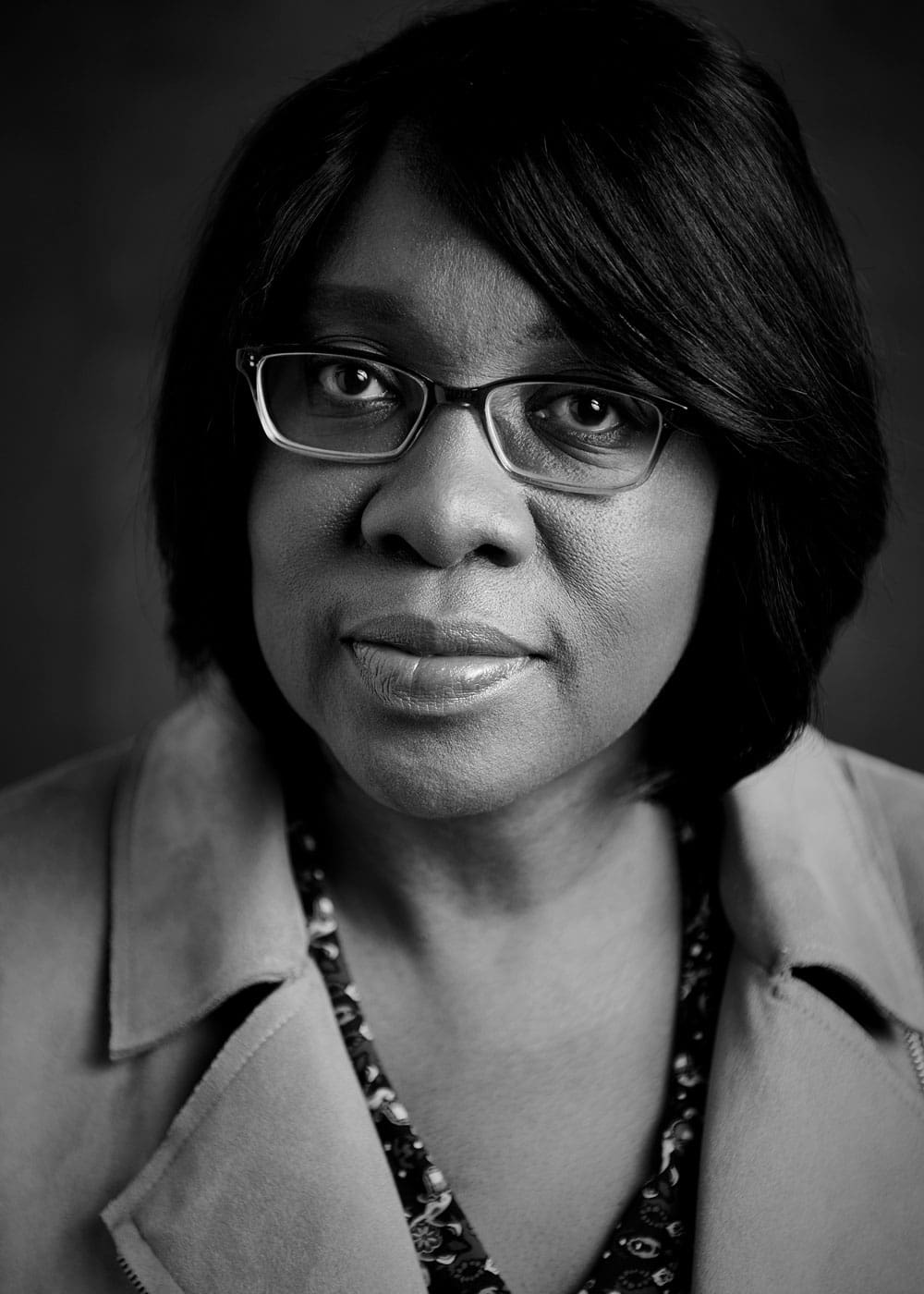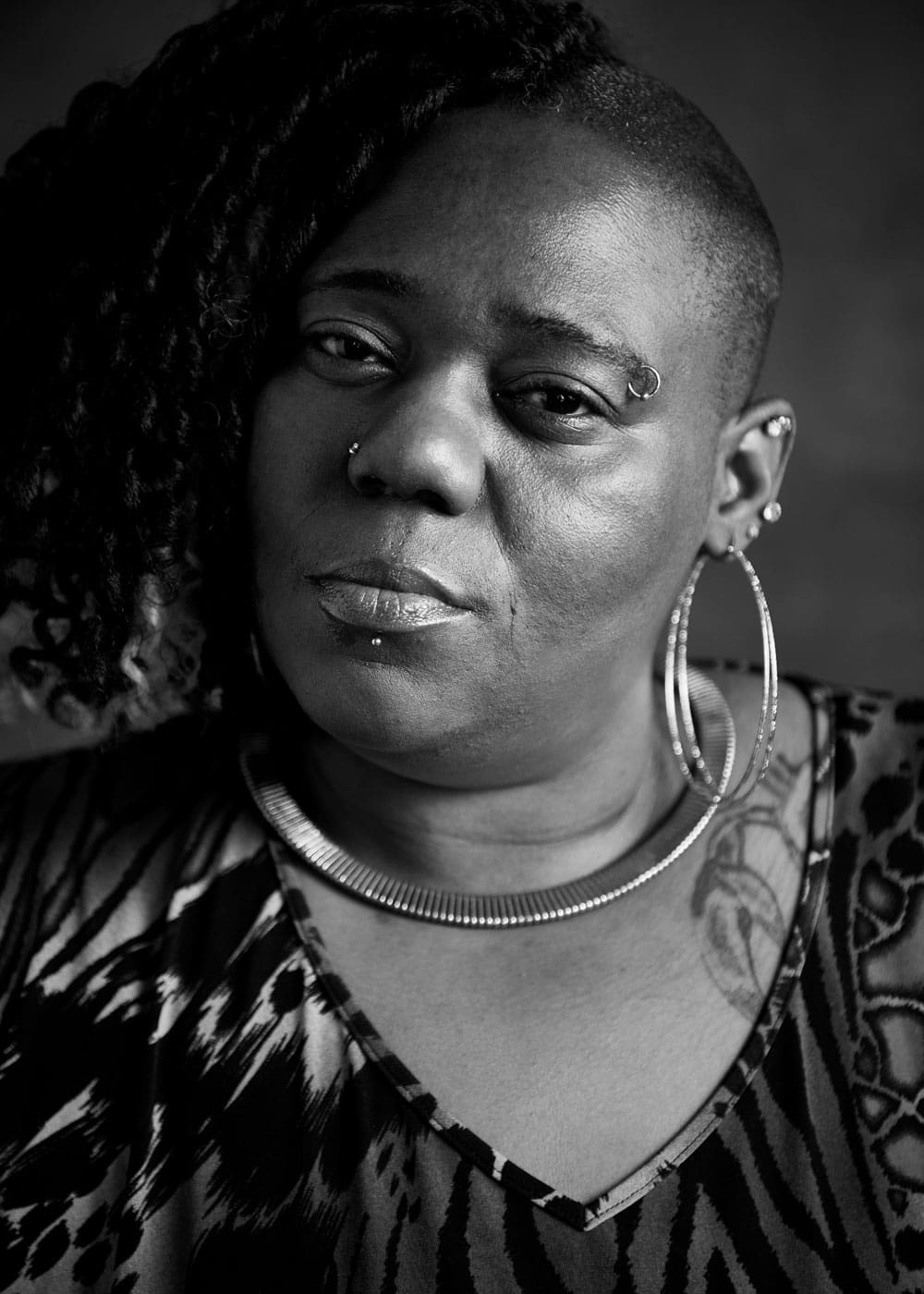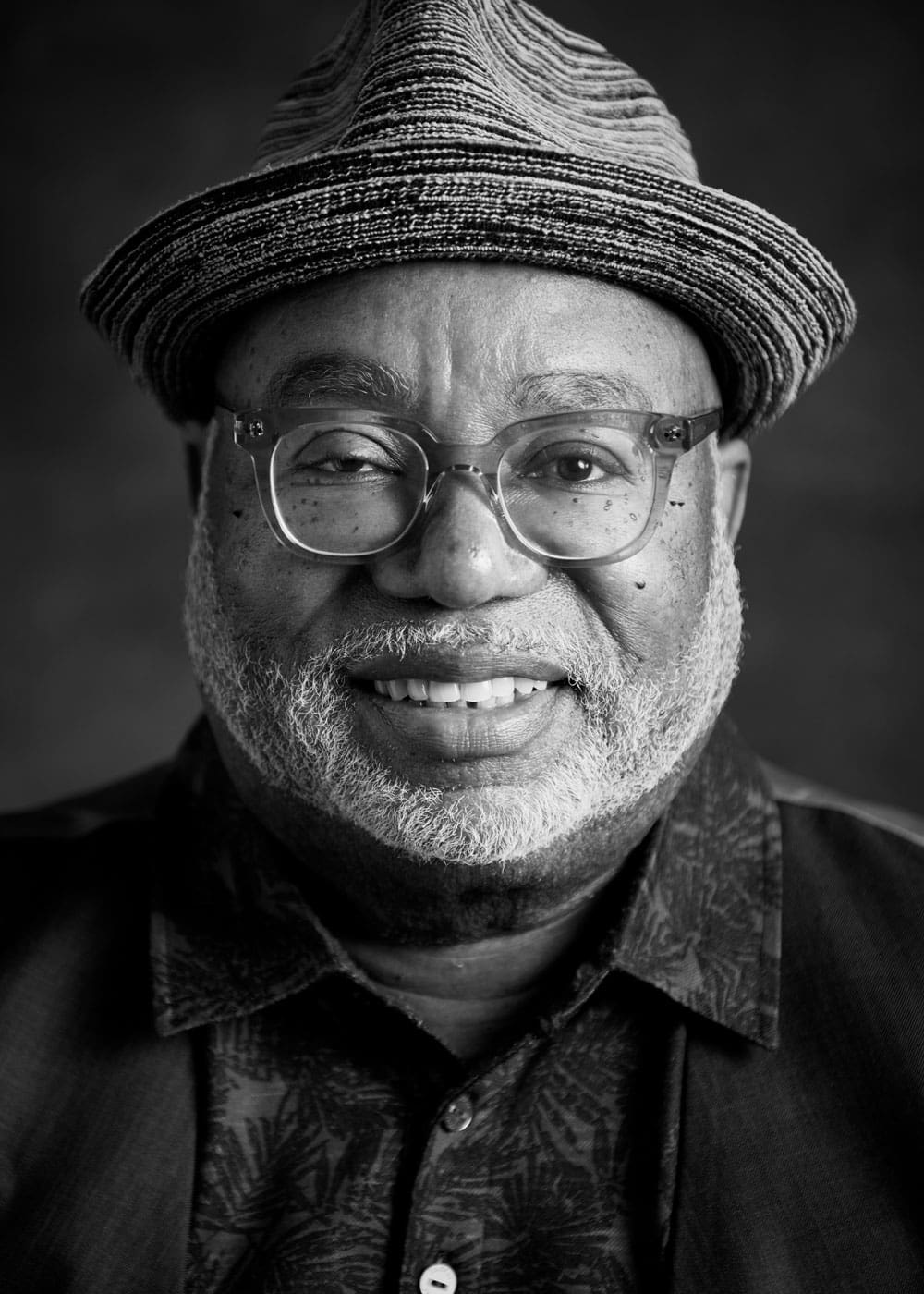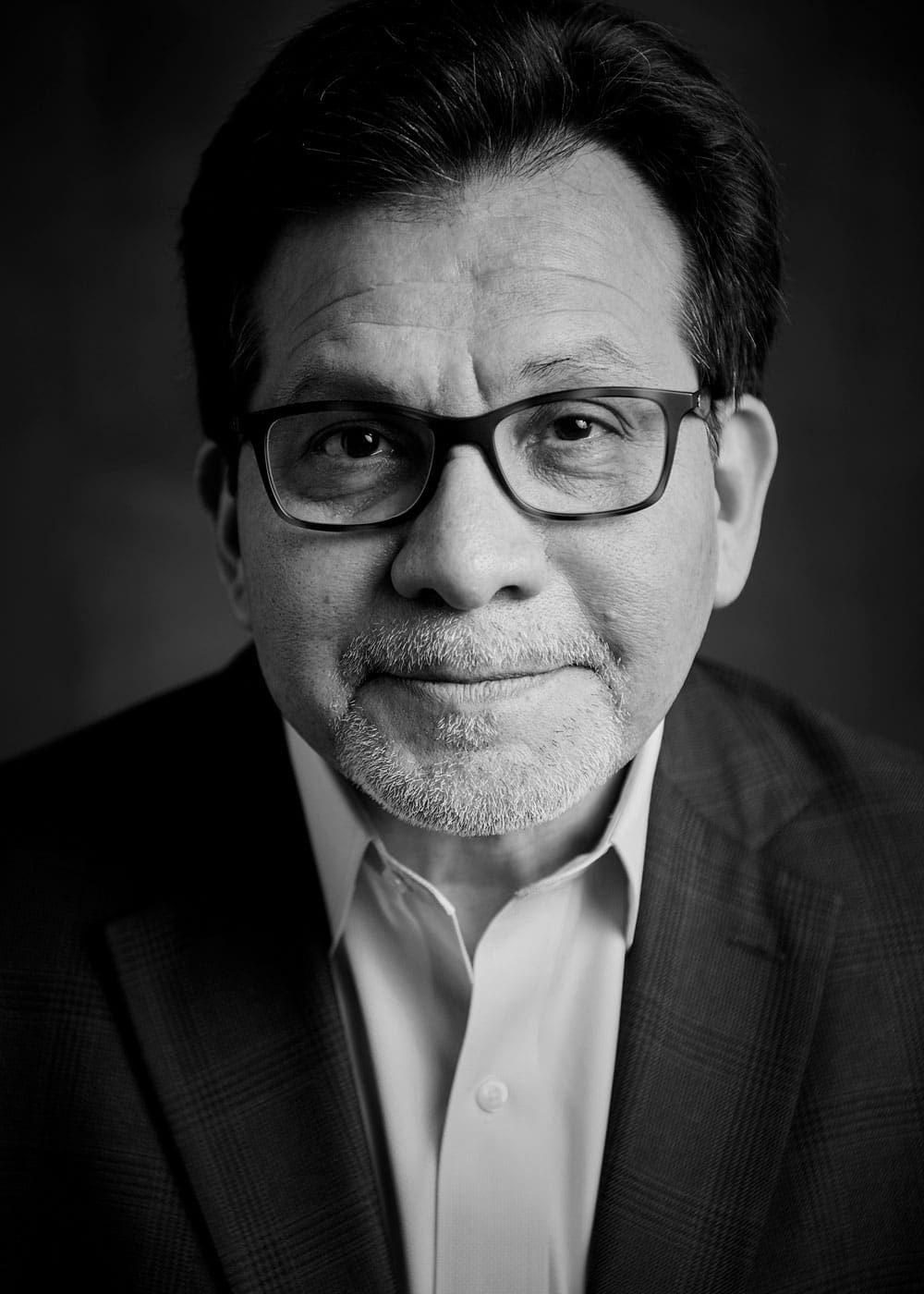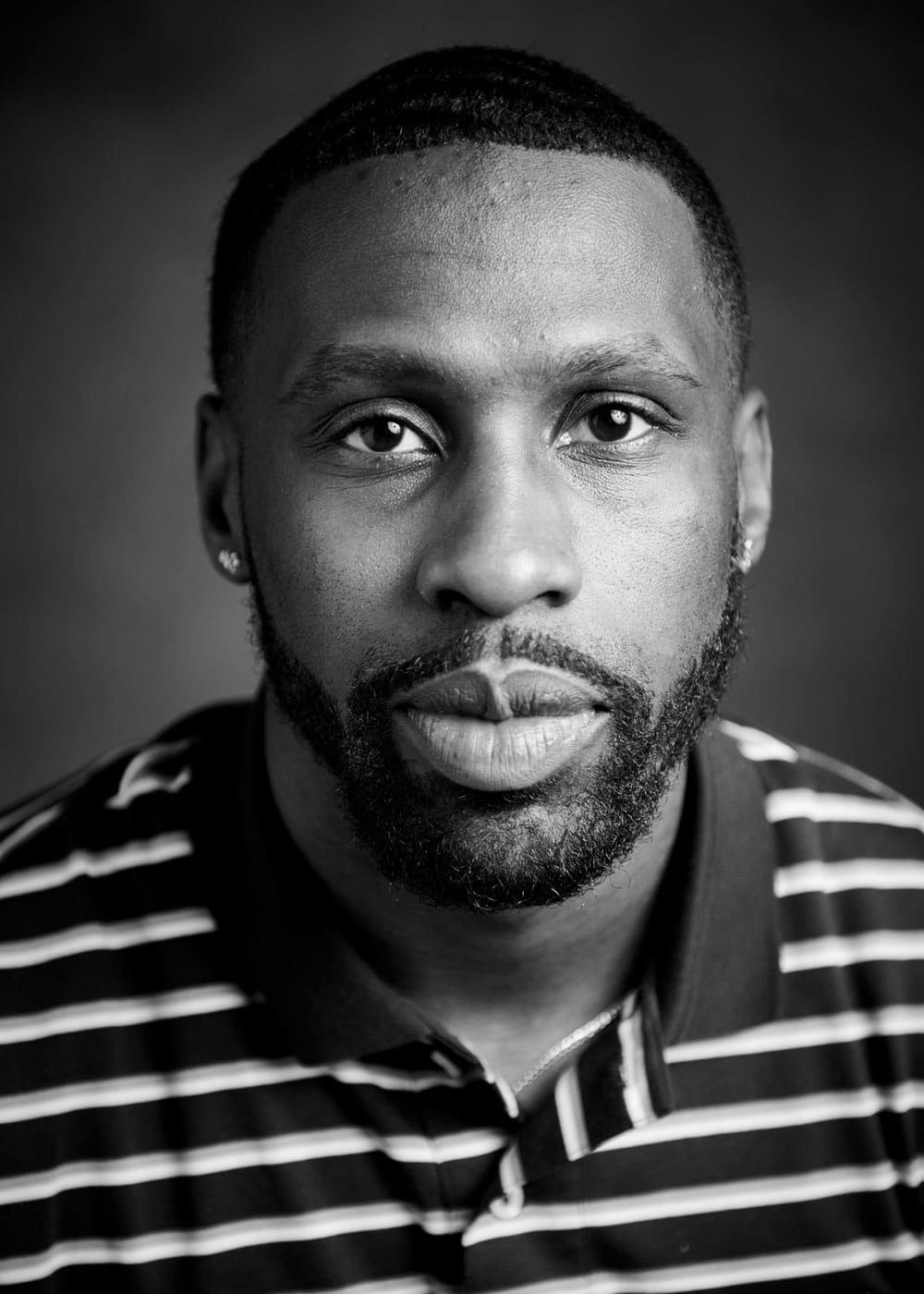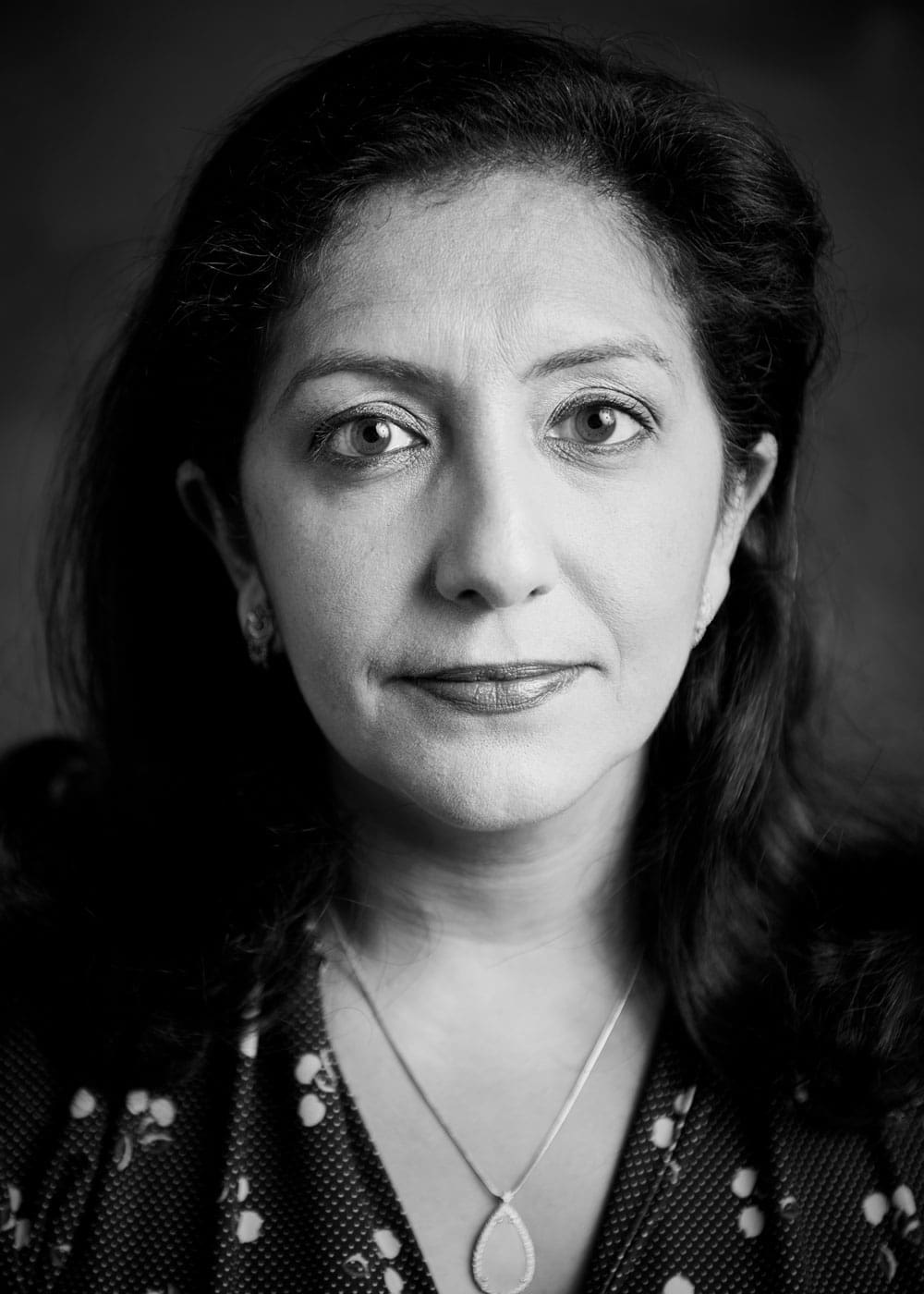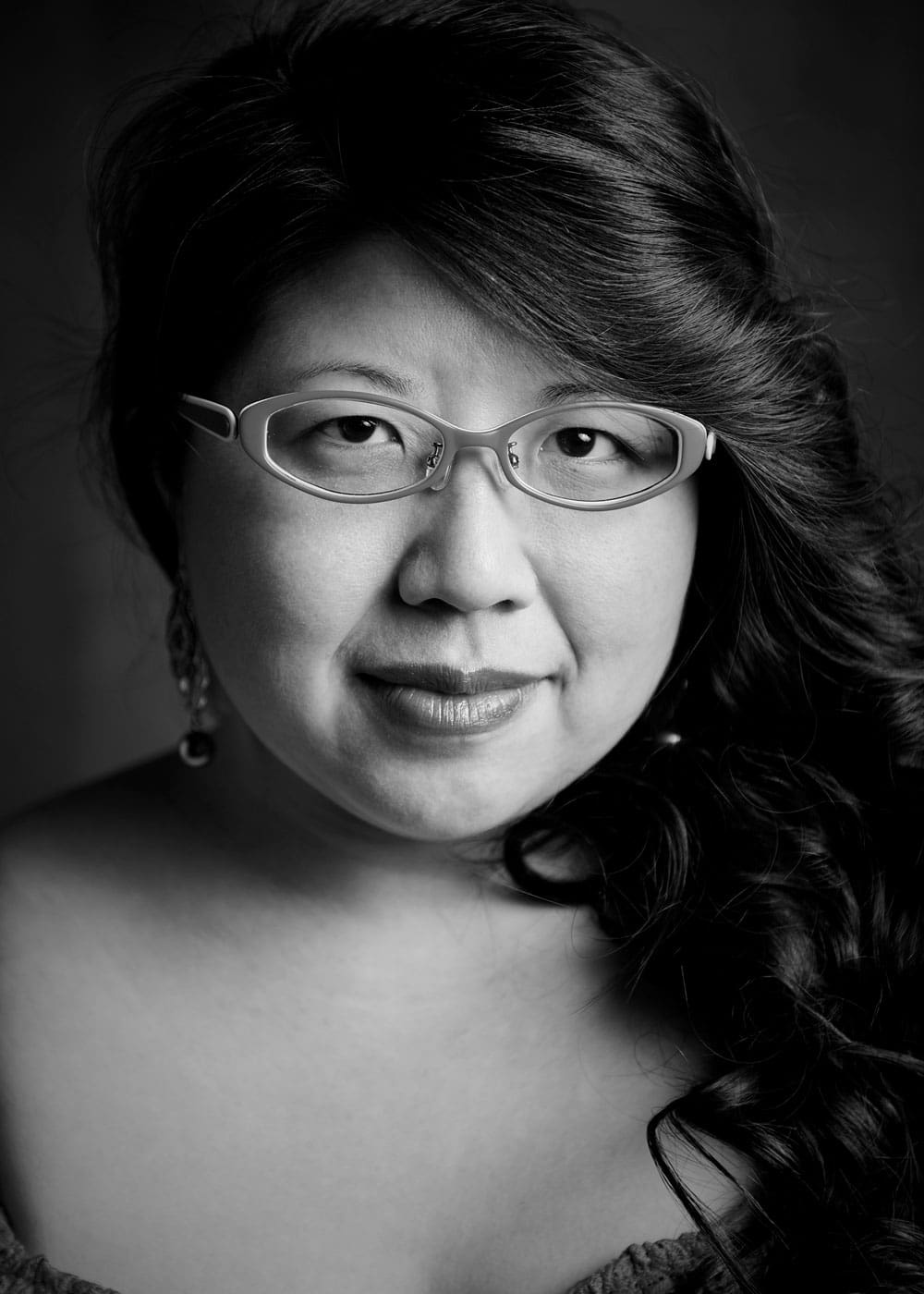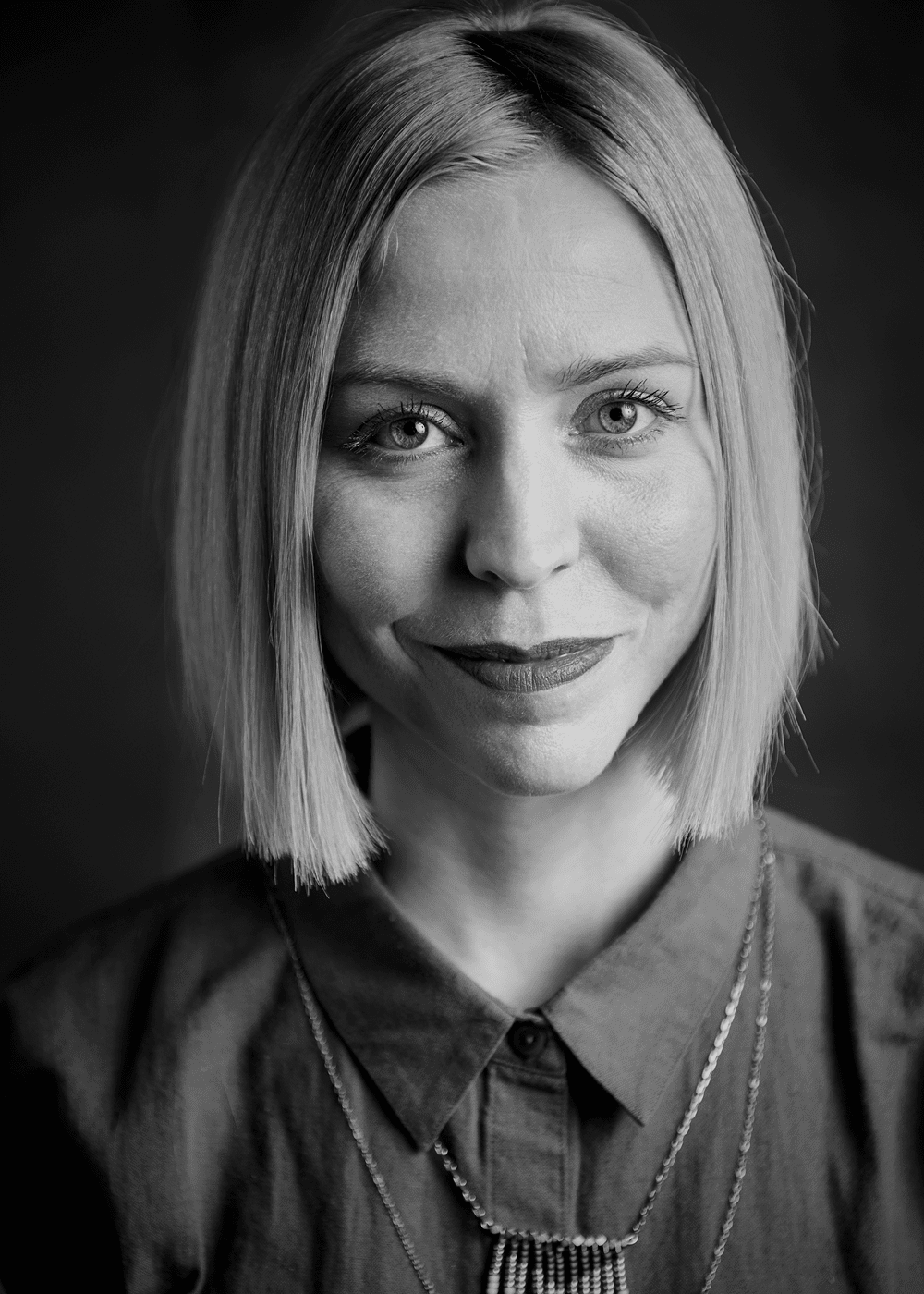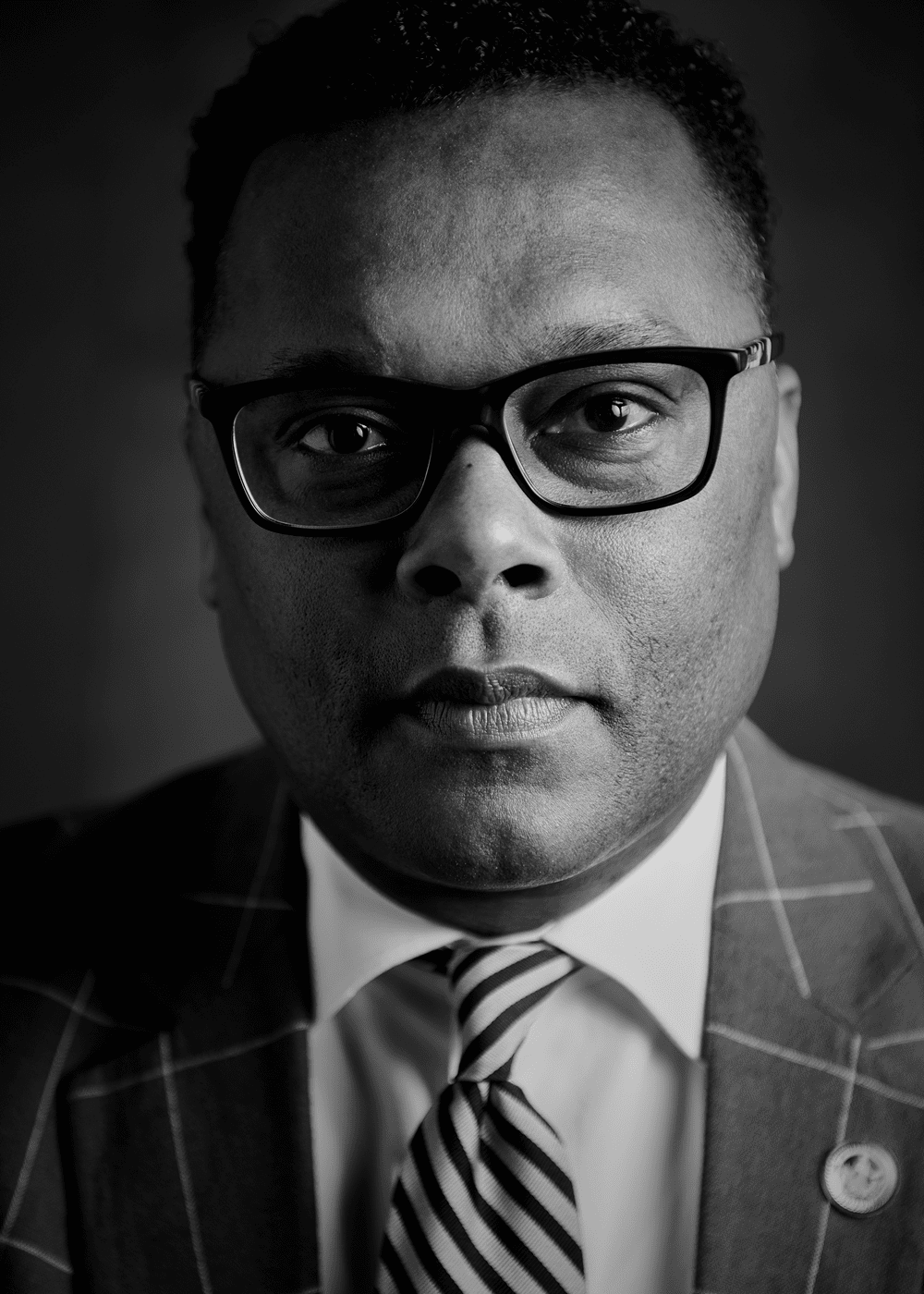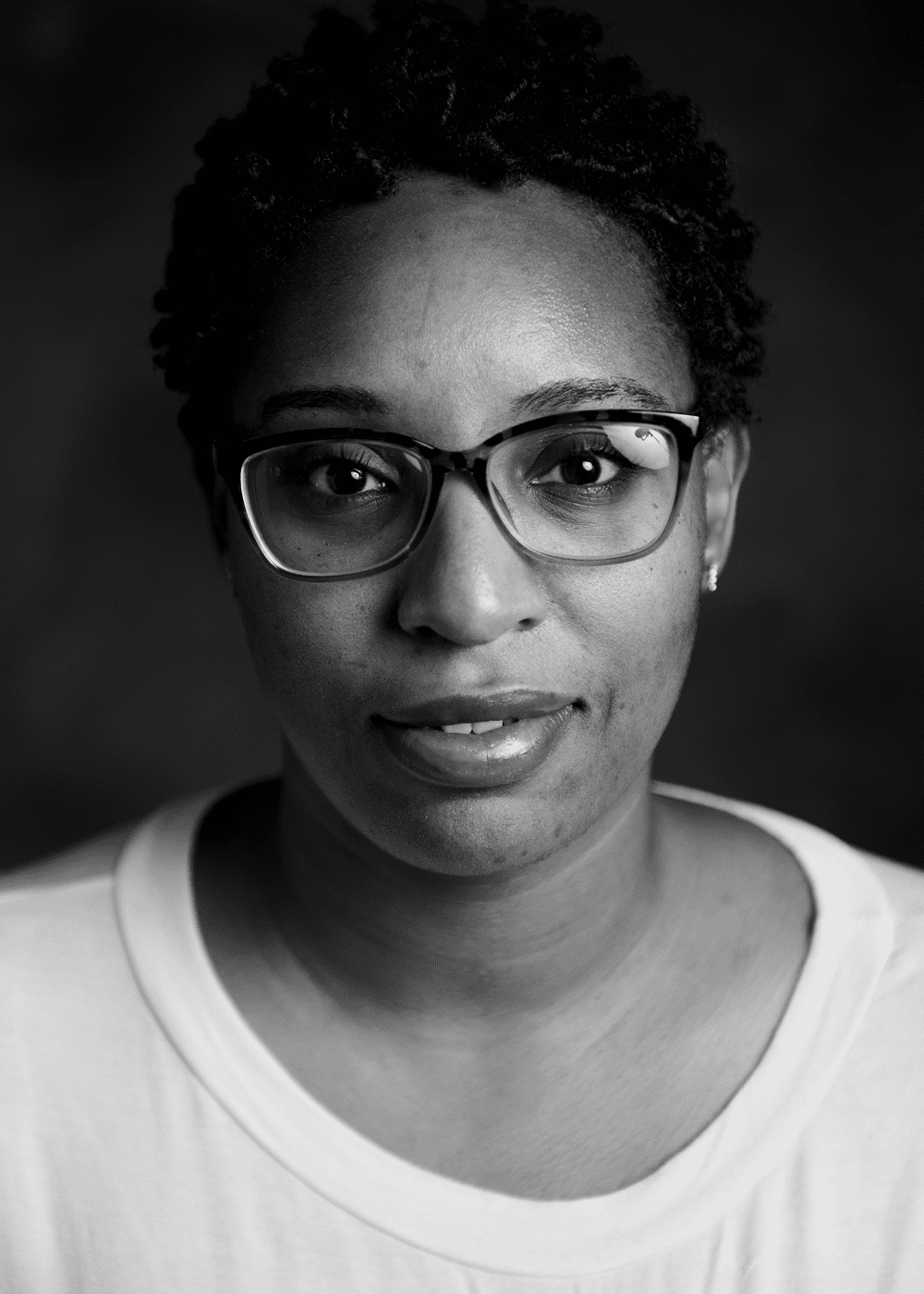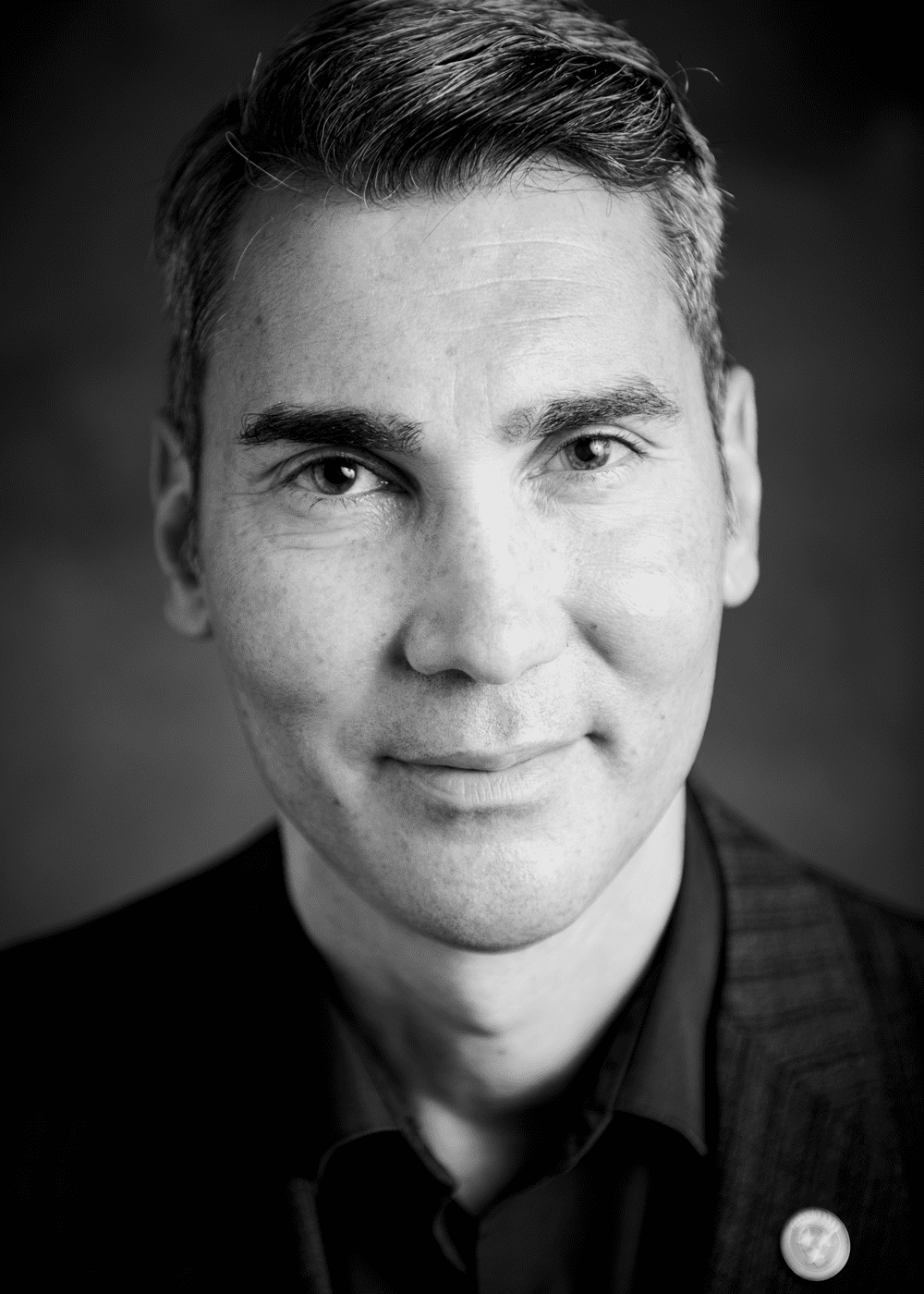In 1986, they decided to start their own program, the Center for Living and Learning, in Franklin, Tenn.
“They were convinced that Donald could have more … he could do more. He could get more out of his life. The Center was started with the intention of giving those with mental illness a chance to have the life that their illness otherwise would have taken from them,” says Derek Axelson, a resident manager at the Center.
Derek came to the Center as a volunteer, cutting grass in a field behind the Center.
“I began to ask questions and get to know what was going on and loved going out there. And eventually cutting the grass turned into working as a direct care staff. Then it turned into working in management and one of the houses. And five years later, here I am—one of the resident managers.”
He says the Center is designed to help residents recover from their mental illness in a holistic framework.
“They share a medical director to get their active symptoms, voices, paranoia, anxiety under control,” Derek says. “After those symptoms get under control, that’s where a lot of the real work begins.”
The Center operates two programs: a residential and vocational. Both work follow the same philosophy: that you can be an agent of your own healing. A basic tool of the residential program is called the token economy.
“Residents get dressed, shower, groom … they’re responsible for taking care of the house that they live in with other residents. As they get that confidence back and do those things that their mental illness made impossible, they begin to thrive. They begin to take more interest in their life and what’s going on around them.”
Residents exercise, practice yoga and mindfulness, along with art and music therapy. He says a lot of people with mental illness tend to isolate and struggle to maintain employment.
Which is why he says their vocational rehabilitation is so important. Residents work together to run an organic garden or a video game technology workshop.
“Everybody who comes to the center—no matter how severe their symptoms—are able to work. They’re working in a supportive environment with people who understand what they’re going through. From day one, they’re working towards getting a paycheck. They’re experiencing the dignity of work from right off the bat.”
Derek says the purpose of the vocational program is to prepare them for a life of independence. Many residents end up working outside the Center once they’re ready.
“There’s no one size fits all for each person. If somebody is ready to move on and work out in the community, we support them every step of the way. If their ceiling is staying at the Center in the vocational rehabilitation program—and that’s what success looks like for them—then we find ways for it to stay meaningful and fresh.”
He says what’s so inspiring is seeing people getting better and healthier than they ever thought they could.
“Some may have come with the intention of needing to stay in 24-hour care for the rest of their life. Yet, they find themselves changing and growing. And they find that they can live on their own. We’re really there to serve them … help them achieve their goals … help them understand what’s possible for them … help them have peace wherever they end up.”
